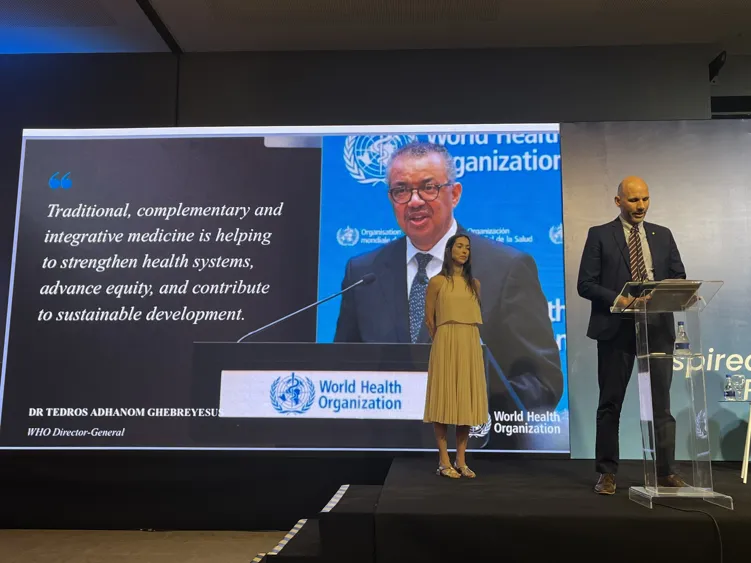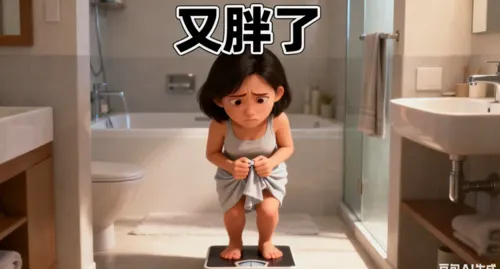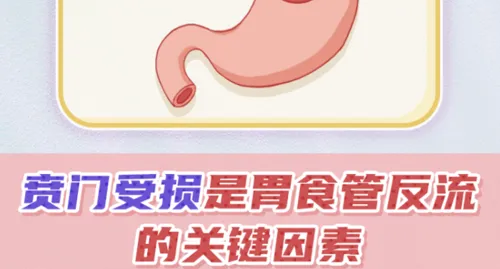World Congress Focuses on Traditional Medicine for Global Health

The 3rd World Congress on Traditional, Complementary and Integrative Medicine (TCIM) took place from October 15 to 18, 2025, in Rio de Janeiro, Brazil. This event marked the 20th International Congress on TCIM Research and the 17th European Congress on Integrative Medicine. It coincided with the release of the WHO Global Traditional Medicine Strategy for 2025–2034, which was adopted at the Seventy-eighth World Health Assembly in May 2025. The congress gathered researchers from around the world to discuss innovative solutions for enhancing global public health through TCIM.
The opening session on October 15 featured a statement on behalf of WHO Director-General Dr. Tedros Adhanom Ghebreyesus, which emphasized the increasing importance of traditional medicine in enhancing health equity and resilience. The message pointed out that WHO is backing this initiative through the newly adopted WHO Global Traditional Medicine Strategy 2025–2034 and the WHO Global Traditional Medicine Centre (GTMC), which aims to connect ancient wisdom with modern science by promoting research, innovation, standards, and data. The statement concluded with the announcement that the upcoming second WHO Global Summit on Traditional Medicine, scheduled to take place from December 17 to 19, 2025, in New Delhi, will unveil new tools to assist countries in translating evidence into policy and action.
Dr. Shyama Kuruvilla, Acting Director of the WHO Global Traditional Medicine Center (GTMC), shared a pre-recorded video outlining the four objectives of the WHO Global Traditional Medicine Strategy: to strengthen the evidence base, ensure quality and safety through regulation, facilitate integration into health systems, and promote collaboration and partnerships. Dr. Kuruvilla emphasized that the mission of the GTMC is to assist countries and partners in translating this vision into actionable outcomes and tangible impact.
On October 17, several representatives from the WHO participated in an important panel discussion regarding the upcoming WHO Traditional Medicine Global Library. The panel was chaired by Dr. Sangyoung Ahn, a Technical Officer at the WHO, and included Dr. João Paulo Souza, Director of the Latin American and Caribbean Center on Health Sciences Information (BIREME), a specialized center of the Pan American Health Organization/World Health Organization (PAHO/WHO) that is leading the development of the Library. During the session, Dr. Souza elaborated on how the library will "facilitate collaboration, research, and implementation of traditional, complementary, and integrative policies and practices that are all effective and safe, thereby enabling progress toward health." The library is set to become the world's most comprehensive digital knowledge repository for Traditional, Complementary, and Integrative Medicine (TCIM), integrating over 1.5 million records, including evidence maps, journal articles, multimedia collections, policies, and regulations.
On October 18, Dr. Sangyoung Ahn delivered a keynote presentation on the WHO Global Traditional Medicine Strategy 2025–2034. Drawing from findings of the Third WHO Global Survey on Traditional Complementary and Integrative Medicine (TCIM), Dr. Ahn provided a comprehensive overview of the global trends and challenges that the Strategy intends to tackle. Approximately two-thirds of the participating Member States estimated that between 40% and 90% of their populations utilize TCIM in some capacity. The majority of the countries that responded (76%) indicated that the primary reason individuals sought TCIM was for the management of noncommunicable diseases, with nearly 90% of TCIM practitioners operating within the private sector.
Despite its importance in supporting global health, significant challenges persist. Many Member States pointed to a lack of sufficient research data on traditional medicine and an absence of funding support. At present, only about 1% of global health research funding is designated for traditional medicine. The lack of mechanisms to regulate or monitor Traditional, Complementary and Integrative Medicine (TCIM) practices, providers, or products was also a major issue.
Dr. Ahn reaffirmed that the WHO is committed to supporting Member States in implementing and adapting the Strategy at the national level, including the design and development of national indicators to monitor progress.
Second WHO Global Summit on Traditional Medicine in December will delve deeper into the science and knowledge shaping traditional medicine, advance implementation of the Global Strategy, and include announcements of new pledges, products, and innovations.
© 2025 Health Tribe.


